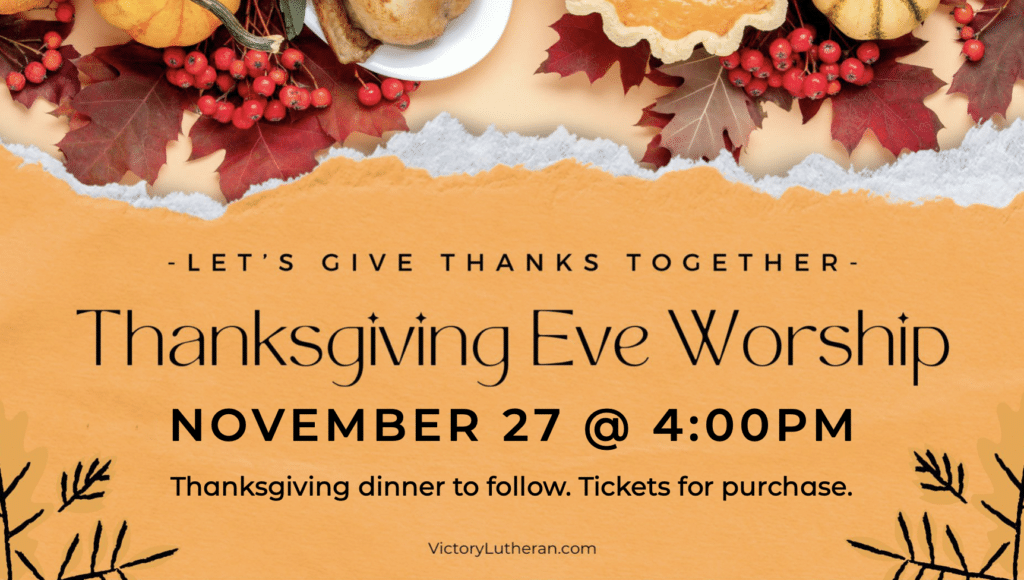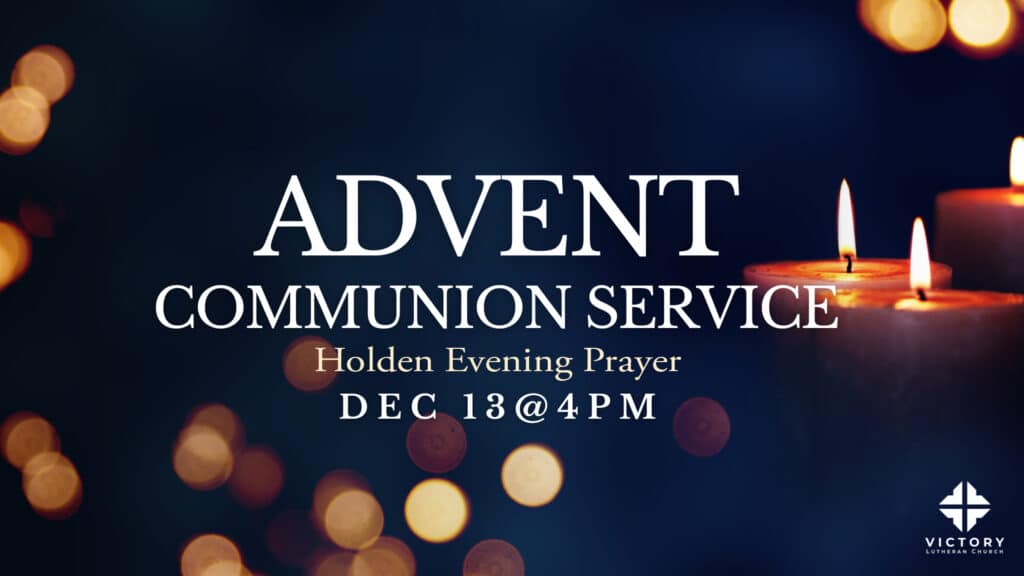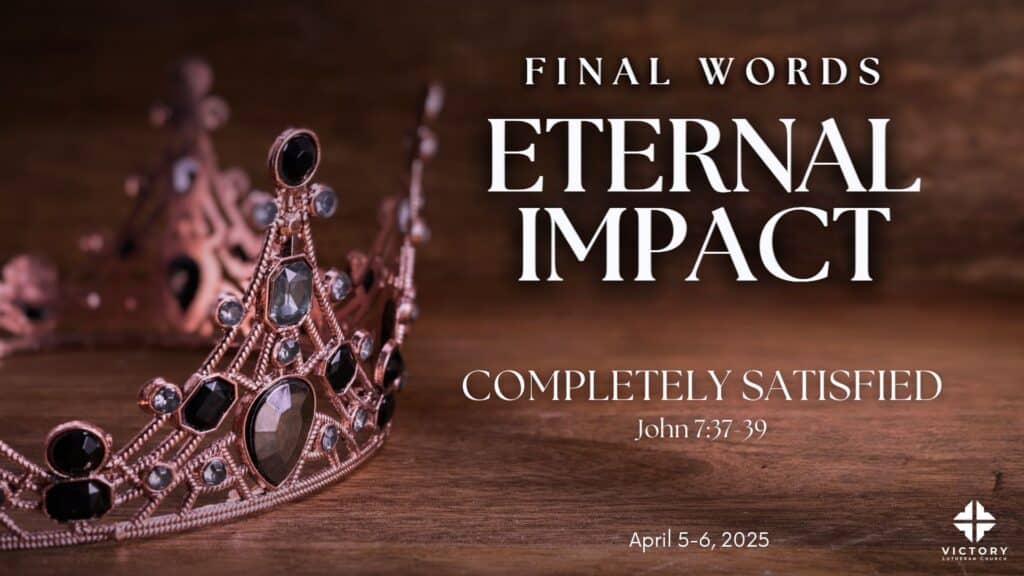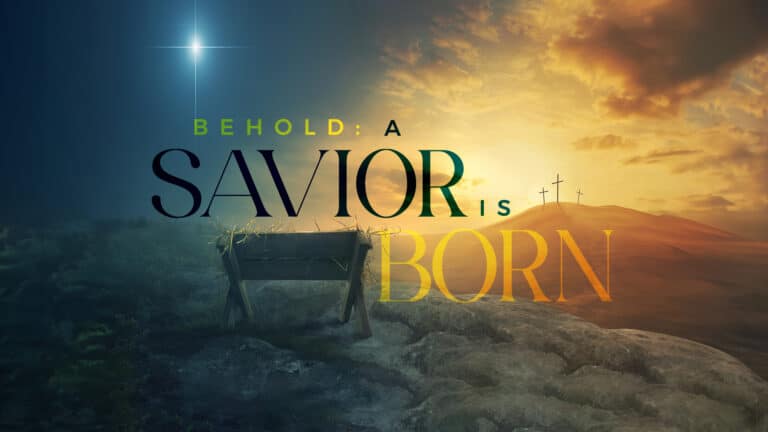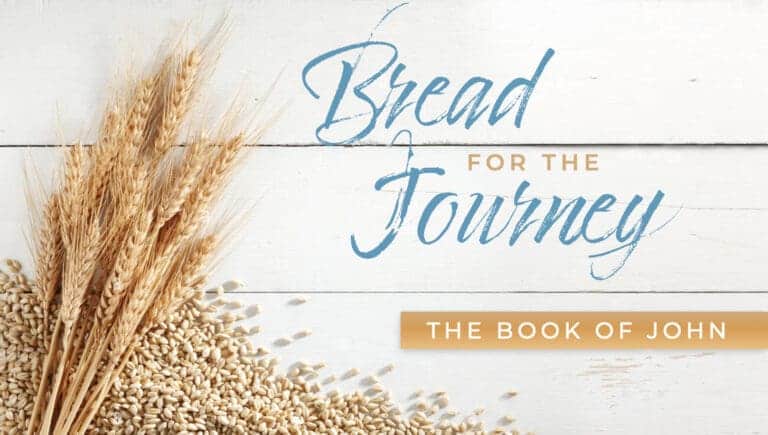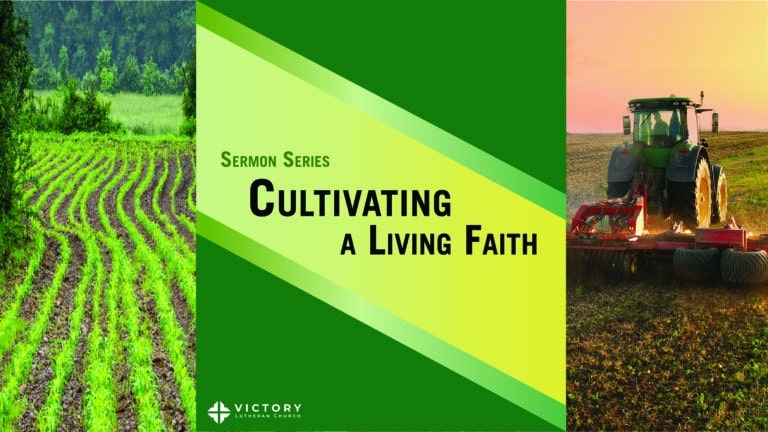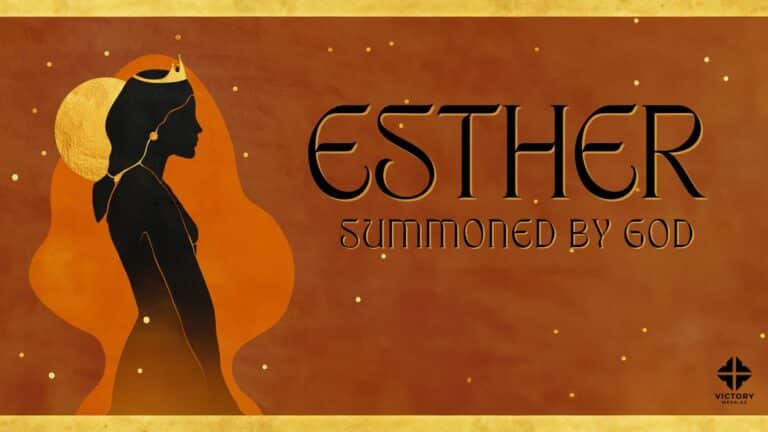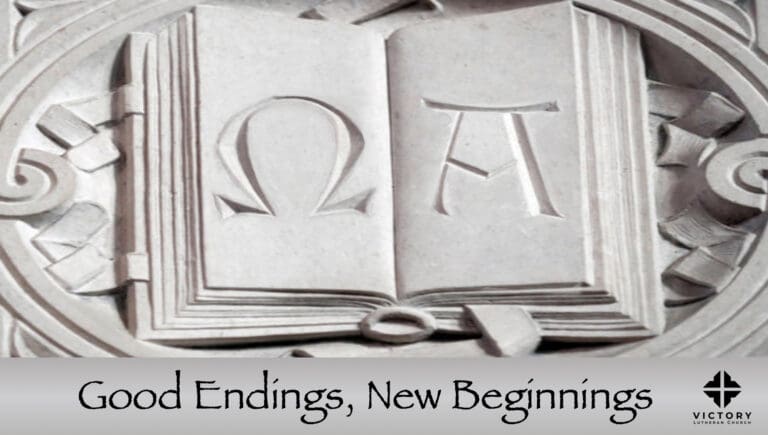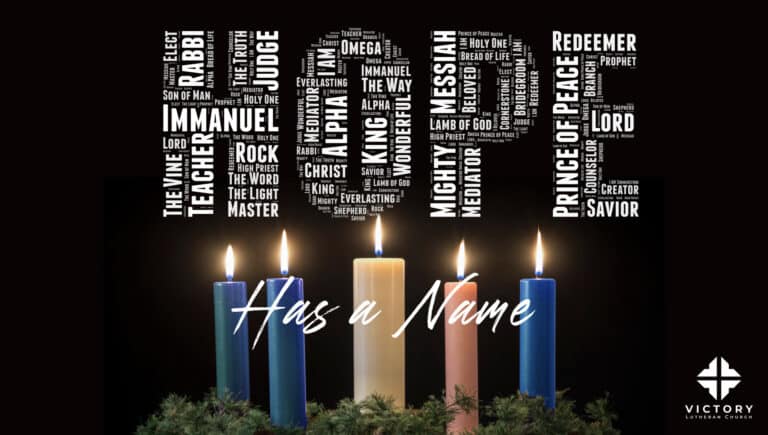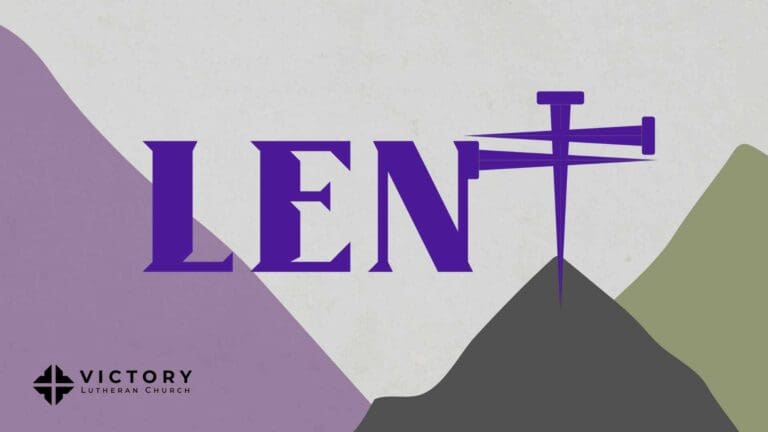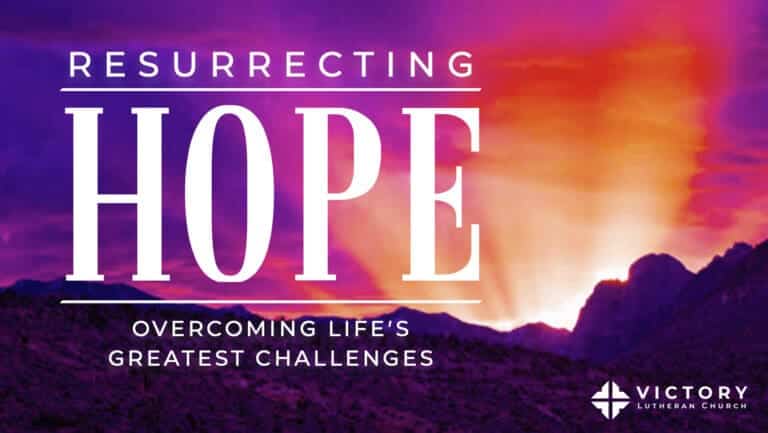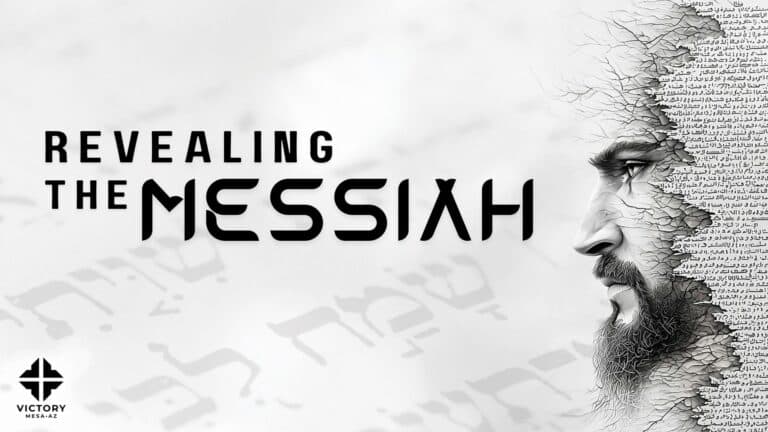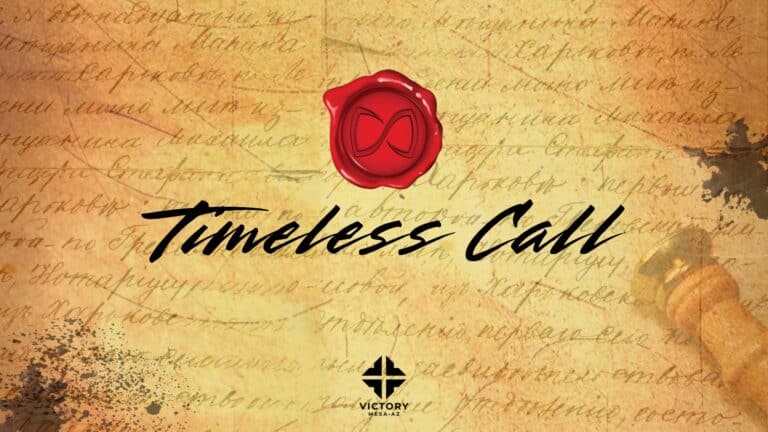Grace, be you in peace from God our Father, and from our Lord and Savior, Jesus Christ. Amen. The text for our meditation today is Paul’s letter to the Galatians chapter three verses one through 14. You foolish Galatians, who has bewitched you. Before your very eyes, Jesus Christ was clearly portrayed as crucified. I would like to learn just one thing from you. Did you receive the spirit by the works of the law or by believing what you heard? Are you so foolish? After beginning by means of the spirit, are you now trying to finish by means of the flesh? Have you experienced so much in vain if it really was in vain? So again, I ask, does God give you his spirit and work miracles among you by the works of the law or by your believing what you heard? So also, Abraham believed God and it was credited to him as righteousness. Understand then that those who have faith are children of Abraham. Scripture foresaw that God would justify the Gentiles by faith and announce the gospel in advance to Abraham. All nations will be blessed through you. So those who rely on faith are blessed along with Abraham, the man of faith. For all who rely on the works of the law are under a curse as it is written. Cursed is everyone who does not continue to do everything written in the book of the law. Clearly, no one who relies on the law is justified before God because the righteous will live by faith. The law is not based on faith. On the contrary, it says the person who does these things will live by them. I. Christ redeemed us from the curse of the law by becoming a curse for us. For it is written, cursed is everyone who is hung on a pole. He redeemed us in order that the blessing given to Abraham might come to the Gentiles through Christ Jesus, so that by faith we might receive the promise of the spirit. This is the word of the Lord. Amen. Join me in a word of prayer. Heavenly Father, we pray that you’d send your Holy Spirit to guide and teach us about your main teachings in the scripture so that we may embrace you in all faith. May the words of my mouth and the meditation of our hearts be acceptable in your sight. Oh Lord, our rock and our redeemer. Amen.
So I suppose that, uh, a gathering of people like this in a Lutheran church, We could, uh, pretty much assume that maybe there’s a, a few lifers. Those Lutherans have been there for life from the beginning. You went through your baptism, but then later on in confirmation, you’re examined, you were confirmed, you joined the church. You were taught from Dr. Martin Luther’s, uh, catechism about the six chief parts of Christian doctrine. Of which one of them of course was the 10 Commandments. You were taught that there were not suggestions there, but they were actually commandments. So for a show of hands, let let’s those who did that, raise your hand if you were confirmed in that age in, uh, junior high, whatever. Well, there’s quite a few. See, that’s great. But those who didn’t raise your hand. We really wanna welcome you to the Christian Church and to, and to our Lutheran church especially. We’re, we’re glad you finally made it over. And it came from the dark side. I. I’m glad you’re here anyway. No matter who you are, where you came from, when you became a Christian or a Lutheran, whether it’s through confirmation class or not, you still had to learn that there’s a lot of nuances to those commandments that you learned. It’s not just the simple things. Let me give you a couple examples. One of ’em, the first one is, you shall have Northern Gods now. We know that really doesn’t just apply to statues and shrines and things like that, right? It applies to anything that you put ahead of God that you put first when he says, you shall have no other gods before me. He meant it. Nothing comes ahead of God. And so we’ve learned that. So whenever we get sick or stressed or we’re broke, Where do we go that determines who our true God is? Doesn’t it? Do we go to God or someplace else? Or another example would be, uh, what we call the eighth commandment. You shall not bear false witness against your neighbor, and we know that doesn’t imply just to juries and trials and perjury and those types of things, but it applies to what you say and think about others.
I. Assuming the worst about someone. It applies to rumors or or gossip. And you know what gossip is, it hurts somebody. It could be true, it could be false, but if it hurts somebody, it’s still gossip. It’s against this commandment. And so we’ve learned those things. So on all the other commandments the same way we started and we learned a lot, we’ve matured, we’ve become a good, solid Christians. We’re kind and compassionate. We try to follow the laws as our guide. For, uh, how we are to live our lives. And, uh, we love what the Lord Jesus says you are to love the Lord your God with all your heart, mind, and soul, and love your neighbor as yourself. And boy, we, we’ve done pretty good. We come along and, and we’re following that pretty good. And that is really, really a good thing, isn’t it? It’s a wonderful thing to follow the commandments and live that way, except. When all of that turns your focus back on you, on yourself. Just some weeks ago, probably six weeks ago now, I was in this pulpit as well and I brought you a message from uh, Paul’s letter to the Ephesians chapter two, and it was entitled, it’s Not About You. Some of you who were here will remember, you know, I passed out some sticky notes. To anybody want them at the end of your to write it’s not about you and put on the mirror in your bathroom so that when you got there you’d look up and say, ah, it’s not about me. Well, unbeknownst to me, shortly thereafter, I got a special present. Never got a present for preaching a sermon. Carter too. That’s about it. I got the present. If Cameron focus, look at that. See? Nice clock. Somebody made selected. It keeps correct time and it says it’s not about you. I think he meant that for me. It wasn’t about me. Well, I don’t want any more presence today, but the theme is gonna be very close to that today. It’s from Galatians chapter three, where the Apostle Paul, we could sum it up and say, it’s still not about you. What was going on that brought, brought Paul to this point here was a problem. He had friends there in Galatia on his mission trip. He preached the gospel too. They looked at Jesus, they believed in the cross, and then the Apostle Paul had to leave. He had other places to go. Something happened to these people and it made the apostle Paul really, really mad. Galatians is a letter that Paul wrote. I think if he would’ve had a computer keyboard, that he would’ve had the cap. Caps lock on. Right? All in bold capital letters. Mad as all get out. So ticked. Well, let’s set it. Where was the glacier? Why would he be mad at them? Let’s look at this map up there. This is modern day Turkey. You see where Glacia is? Right there in the middle. That’s where Paul on one of his mission trips had preached 2000 years ago. That’s what it kind of looked like. You can’t see where. Constantinople is because, uh, it’s not on that map up there by the Black Sea, but that name has been changed in 1930 to Istanbul. There was another little town up there along the coast is called Nik today, and it was called Nyia back then.
Interesting. That’s when the Christians got together and had the Council of Nyia in 3 25 ad in that little town and created. The nice seen creed that we still use to this day to confess our faith. Very interesting. So anyway, Paul was there a couple thousand years ago and the people were falling away from his message and he was pretty upset. The Holy Spirit had come into people’s hearts and the spirit gave them faith. They loved the Lord Jesus. They worshiped him. But Paul told had to go tell other people about Jesus. And so he moved on and that’s when those people moved in. Some other people, whoever they were now, they really didn’t diss Jesus. You didn’t put him down. He is a great religious leader and all that kind of stuff, but you know, maybe you people shouldn’t give up following the laws so quickly. All those Old Testament rules and regulations, are you sure that you’re a true follower of Jesus? If you’re not following those things anymore, maybe you need those to get to heaven as well. Paul even had an argument earlier with the Apostle Peter about that sort of thing, an argument, which of course, the Apostle Paul won. Well, eventually all this word about what was happening to these people in glacier gets back to Paul and he’s mad as all get out. And so he writes this fiery letter. Now, if you ever come to a moment in your Christian walk, no matter how long you’ve been doing it, two years, five years, 10 years, 20, 30, 40, 50 years, and you have this question and pops into your mind, is it about me? Am I really good enough for you, Lord, to get to heaven? Have I kept enough of your commandments? Have I been faithful enough? This is the place I want you to go. Galatians chapter three. Let’s look at what he says again. First few verses chapter three. You foolish. Galatians, I told you he was mad. Who has bewitched you? Before your very eyes, Jesus Christ was clearly portrayed as crucified. I would like to learn one thing from you. Did you receive the spirit by observing the law or by believing what you heard? And then verse five, does God give you his spirit and work miracles among you by the works of the law or by believing what you heard? He batters them with five questions in five verses. He says, I need you guys to start thinking again. Look at what was in your heart when I was there. You had so much joy. Is it because you did all this stuff or because someone did it to you and for you? Because you had faith, the miracles, the conversion people, spiritually dead, coming alive.
Those who are far away from God, coming close to God. Is that because you checked all the boxes of the law or because you looked at the cross? Did someone trick you? Do you think you’re getting to heaven is going to be like riding a bicycle and Jesus puts you on there and just gives you a push, and now you’ve gotta pedal the rest of the way there? He says, no, it’s not about you. I’ve been preaching this the whole time. It’s not about you and it never will be about you. Wow, getting right with God. It’s always about Jesus. Now essentially what Paul was doing was teaching the Galatians and us the difference between the two great teachings of the Bible, the law, and the gospel, and we learned those in Martin Luther’s small catechism too. The law and the gospel. Like your heart will always be in deep spiritual trouble unless you clearly know what is law and what is gospel and why God gave you these teachings. So let’s look at the next slide. And I wanna give you a simple way to understand the difference between long Gospel over here on the left, with that arrow going up. That’s the law. What we do are supposed to do for God and the things that we failed to do, but that’s the law. And then over here on the right is the arrow coming down to us. This is the gospel, what God has done and continues to do for us. So pretty simple, really when you think about it. The law going this way, the gospel coming down this way. So the law is what God wants you to do or not to do. It’s the rules, the regulations, the gospel is the stuff that Jesus did. You don’t do the gospel. You only believe it. It’s good news. It’s a promise that God makes. So there are orders and there are promises. The law will say, love God perfectly. The gospel says Jesus has already kept that law perfectly for you. The law says keep the commandments or else the gospel says, Jesus has kept those commandments, good news, two teachings. They’re both, they both have their place, but you can’t mix them up or your heart’s gonna go haywire real quickly. See, there’s a difference and you’ve got to know what that is from God’s perspective. When you need the law and when you need the gospel, I. So if I’m sitting with a guy who is, um, believes in Jesus believes the gospel and he says, I’ve been cheating on my wife, but I’m okay.
Right. I’m fine. It’s not about me. I’m still gonna go to heaven. Everything’s gonna be fine. Right. No problem. I talked to his wife about that. No, no, no. That’s not what he needs to hear. He needs the law. He needs the law to tell him what a sinner he is, and he stays in that mode. He is gonna go to hell. That’s what he needs to hear. Oh, it just popped into my mind a story I gotta tell you. It was a. Proper distinction of law and gospel. This seminary professor we had was invited down to a College of Milwaukee, Wisconsin one time, uh, to talk to a group of students there, and he told them about Jesus and how he loved him and sacrificed on the cross and invited them to believe in Jesus. And they just, uh, fought him all the way. Didn’t believe it, didn’t believe it. They thought atheism was the way to go, and on and on. I don’t know the whole story anymore, but it was finally, he, he, he just had to give up. He’d been there quite long enough, and so he looked at those students and he says, okay, that’s what you guys are gonna believe. You greet the devil in hell when you see him. For me, turned around and he walked out, got partway down the street, and two or three gals came running out with tears running down their eyes and said, professor, professor, don’t go. You gotta tell me more about the gospel. See, the law had its effect, didn’t it? And then he shared the gospel. And so another person comes in and says, they’ve committed a horrible sin. And you say, they say, well, you know, God’s not gonna like me. How can I possibly do this? I hate myself. It was a terrible thing. I did it and I deserve hell. I’m going there. What do I do now? What are you gonna tell ’em? They’re already repentant and sad, aren’t they? So you tell ’em the gospel, you load up with all the passages about God’s love and his forgiveness, and how God loved the world so much that he sent Jesus into this world. So I’m gonna jump right into the gospel with a person like that. And so the difference between those two, the law and the gospel, is so simple. A kid could get it, but when you actually apply it in real life and make your heart right all the time, you’re just about a real theologian by that time. And maybe that is why the Galatians got so mixed up here. On paper it was easy, but in practice, someone tricked them and God didn’t want them ever to be tricked about those two teachings of the Bible. And so here comes the proof. Now watch this. This is brilliant. The Apostle Paul brings up Abraham. He goes way back to the Old Testament. Famous to the Jews. We know the story too. 4,000 years ago, Abraham lived and God brought him out of his pagan lifestyle and brought him to faith, and Paul was about to quote two different points from Abraham’s life and make the same point that it was never ever about Abraham.
Listen, in Galatians three he says, so also Abraham believed God. And it was credited to him as righteousness. Understand then that those who have faith are children of Abraham. And then verse nine, so those who rely on faith are blessed along with Abraham, the man of faith. Abraham is sometimes called the father of all believers, isn’t he? You sense a theme, don’t you? Faith, faith, faith, believe, believe, believe. That’s it. He stops right there. It’s actually brilliant because Paul quotes two passages that we heard in our scripture reading earlier. Genesis 12 and Genesis 15. Uh, back in Genesis 12, Abraham was about 75 years old already, and God gives him this promise. The whole world is going to be blessed through you. The Savior’s going to come from your line. Abraham and Abraham believes it. And he becomes the man of faith. It was about faith back then. Then Paul jumps to Genesis chapter 15, and it’s 10 years later. Abraham’s 85 years old, and God makes him this promise. Your descendants will be greater than the stars in the sky if you could ever count them. And it says, Abraham believed God and it was credited to him as righteousness. He made right with God. Because of faith, because of belief. So 10 years in the past it was about faith. 10 years in the future, it’s still about faith. And so Paul’s point is that you don’t come to faith in Jesus and then just move on and leave it behind. It doesn’t start with a cross and with grace and then become about you. In what you do. It’s about Jesus all the time. From start to finish, from my baptism to my dying breath, being right with God is always about faith in Jesus. It’s always about the gospel. Yes, I need the law once in a while, but there’s only one place that I run to when my heart is trouble, and it’s not to a mirror to look in and see how good I’m doing, but it’s to the cross. It’s to the cross of Jesus. It’s not to myself, it’s to Jesus. And that is the greatest news. If you struggle with sin and you will if you look at yourself and your disappointed, and you will. Paul wants to say first to last. It’s always about Jesus. It’s still not about you earning anything. It’s about Jesus giving you everything. And so Paul ends this section with these beautiful words. Listen, he said Christ redeemed us from the curse of the law by becoming a curse for us. Paul said, you’d be cursed if it was about the law. But you’re not. You are blessed because it’s about Jesus. Jesus died so you could have life. He went through hell so you could have heaven. He took the bullet so you could get a blessing. He was forsaken so you could be forgiven. He calls us close to the cross and he doesn’t say earn it.
He says what? He says, it’s done. Don’t worry. It’s all finished. It’s over. So when you struggle with sin and you should struggle with it, remember at the end of the day, it’s still and always about Jesus. You’re still blessed, you’re still loved, you’re still accepted because it’s always about Jesus. So just take a deep breath in. Just take a deep breath and rejoice. Rejoice that God is love. God so loved the world that he gave his son, that whoever believes has eternal life. I talked to a man once. Uh, Who’d been a Christian for a long time, very active in the church, a devoted follower of Jesus, and he said, you know, I, I’m struggling. I struggle with depression, anxiety, all these things I, I know I shouldn’t be doing. I still do. And, and right away I’m, I’m thinking to myself, if I stood before God right now, what would happen? Would he reject me? Would he call me a fake Christian? Pretty sad, very repentant. So I gave him the good news, told him about John three 16, the love of God, the forgiveness of sins accomplished by Jesus, only on the cross, and it’s an amazing thing. So I gave him the gospel. I finally said, my friend, remember it’s not about you. Just a short time later, I heard from him again. Same guy. And you know what the struggle he was having, don’t you? Same thing. You know, Jesus said. There’s people who he’ll look at and say, oh, I never knew you. What if that’s me? What if I haven’t died to sin enough? What if I haven’t given up everything for Jesus and surrendered everything to him like he asked? What if after all these years of me sitting in that pew in church, I’m still not going to end up sitting next to God in heaven? What would you say to a man like that? What do you think I said? I said my friend. I’ll give you five words. It’s still not about you, so be still my friends and always and forever. It’s about Jesus. Join me in prayer. Heavenly Father, we’re so grateful that you sent your son. As the author, perfecter and finisher of our faith, we thank you, Jesus, that you didn’t just come here, but you lived a perfect life and then died an innocent death. You wrapped us in a robe of righteousness, so when God, the father, looks down on us, we’re enough, we’re perfect. As far as he’s concerned, he delights in us. So thank you, Jesus. Thank you for being you. Thank you for living that life. Thank you. That we can fix our eyes on you and find so much hope and joy and peace. We’re so grateful to be Christians because we’re so grateful for you. In your name we pray Jesus. Amen.

